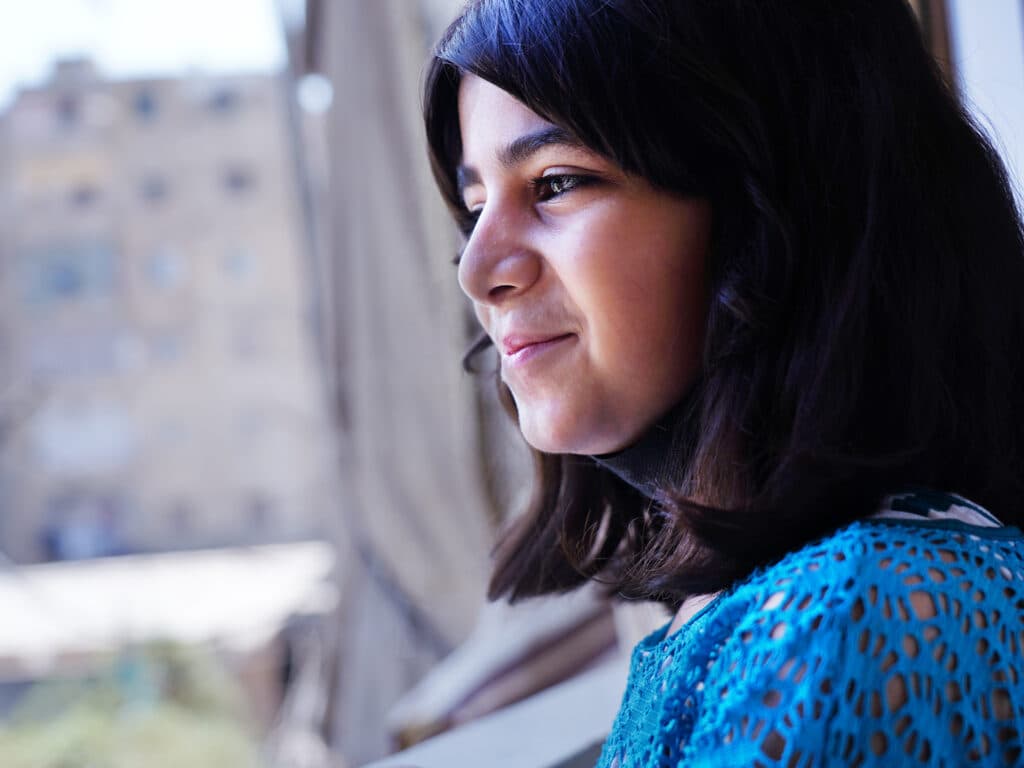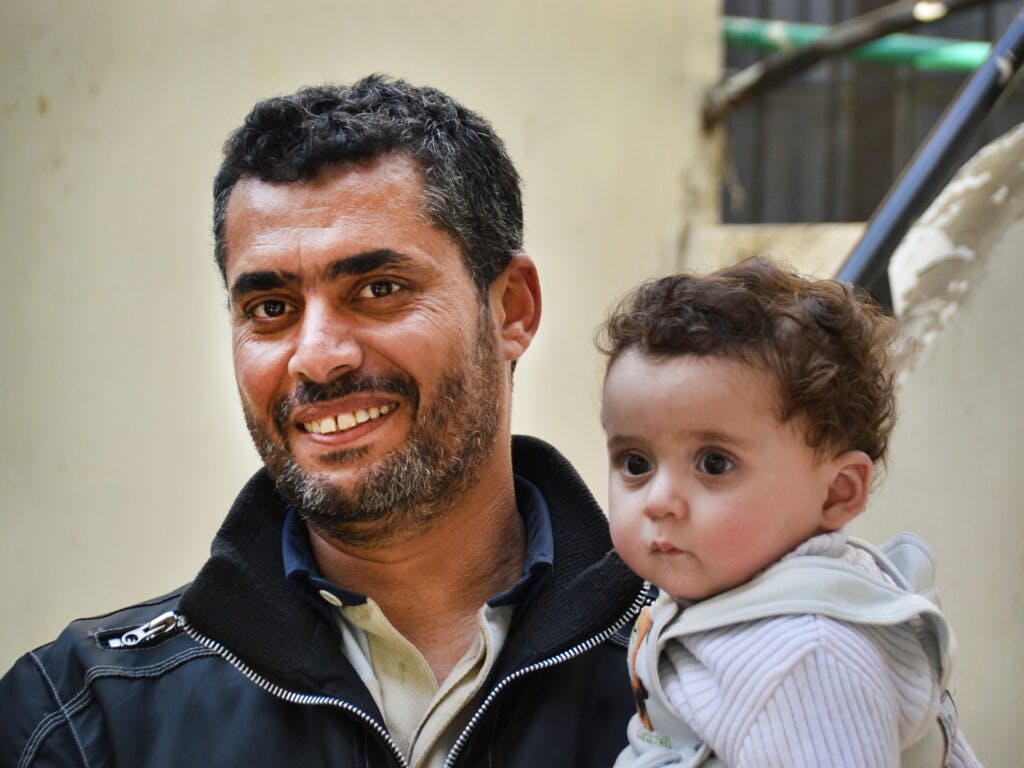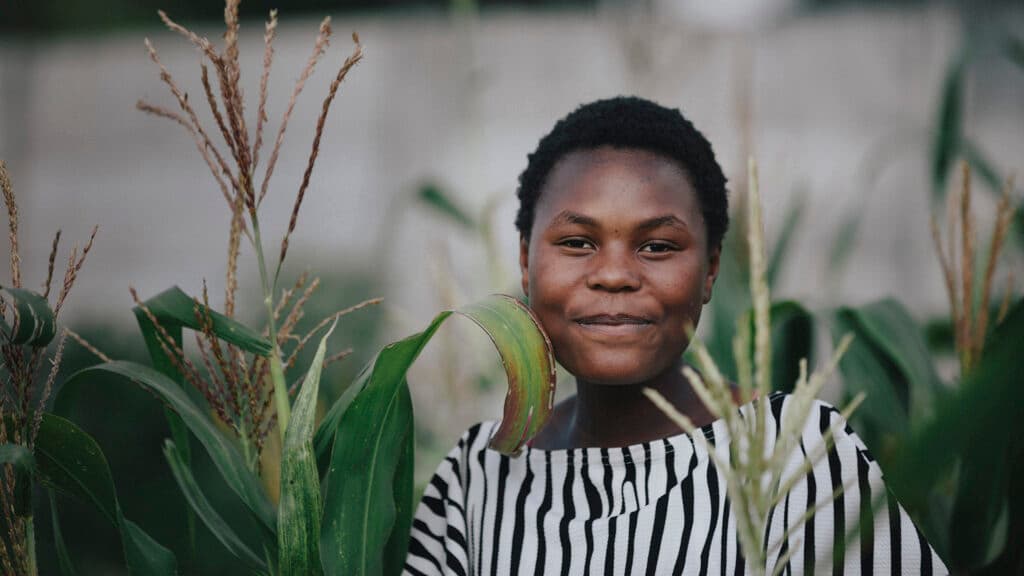
Learning to look after each other
If you were to travel out of the centre of Beirut, you would pass a checkpoint manned by armed soldiers. After that, the city changes. The streets become narrow, dark and damp. Water pipes and electricity cables hang crisscross, posing a threat to life. The ground is strewn with rubbish, and children and adults search through the heaps for something to eat or sell.
We have reached the refugee camps on the outskirts of the city. Life here is hard, but the camps are home to thousands of children and adults.
Under the UN Convention on the Rights of the Child, all children have rights. And all children ought to be able to feel hope and have faith in the future. This is why Diakonia’s children’s rights project is here on the ground in the refugee camps of Beirut to strengthen children’s self-esteem and develop their skills through play.
Life is tough for many families
Sisters Sara and Ghina are 11 and 12 and they live in the refugee camp with their parents and another three siblings. The family fled the bloody war in Syria in 2013 and have been living in Lebanon ever since. The area where the girls live is poor, dirty and overcrowded. Sara and Ghina and their large family live here in one room plus a kitchen. The girls’ mother does not work, and their father supports them on whatever work he can find from day to day. The family are finding it very difficult to make ends meet.
Under the Convention on the Rights of the Child, children must be protected from all forms of physical or mental violence, injury or abuse, neglect or negligent treatment, maltreatment or exploitation, including sexual abuse. The children’s rights project runs a centre in the refugee camp where the girls live, which they attend to gain informal education and learn more about their rights. They are taught that children should not be forced to work or to get married, and how to protect themselves and others from sexual exploitation or labour exploitation. The teachers also help the children to improve their mental health, e.g. through yoga and methods for dealing with negative thoughts. Children who have experienced trauma are offered therapy.

Different kinds of knowledge
Teacher Safa Karaja teaches the children at the centre in Arabic. But they also talk about lots of other important things such as bullying, being a good friend and looking after your friends.
The meetings keep the dream alive
The activities are adapted to the rules on coronavirus, and meetings are often held virtually on mobile phones. But when they can, the children meet at the centre instead.
“I long for our meetings every day. I feel less stressed and less down afterwards. The staff help me to see things more positively,” says Sara.
The meetings also encourage her to hold onto her dream of becoming a successful lawyer, able to defend her country, Syria.
“I’ve dreamed of it ever since I was little,” says Sara.

Focus on child protection
The children’s safety is always in focus at the centre. Unfortunately, the area where they live is dangerous. Children are forced to work, exploited sexually or married off. There are even more risks online. Protecting children requires action on several fronts. One way is by giving them the knowledge and the methods they need to deal with the risks they encounter. Ghina explains:
“I’ve had to learn to protect myself from bad people on the internet. So I never talk to strangers or give out information about myself.”

Meetings at the centre are fun
“I’ve learned so much while having fun at the same time, because almost everything we learn is in the form of different games.
“It’s also good having help to make the most of our time. Because of COVID, we are nearly always at home now, but we’ve learned lots of good things we can do while at home. Now I do some yoga, exercise at home and do different crafts,” Ghina says proudly.



